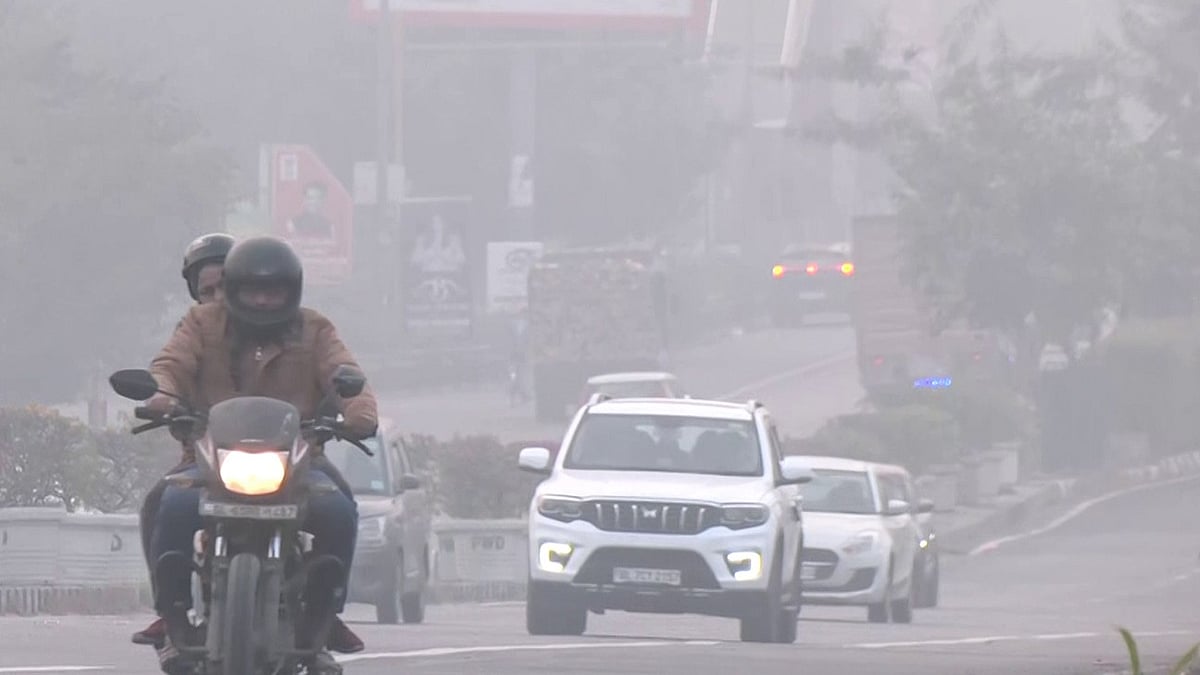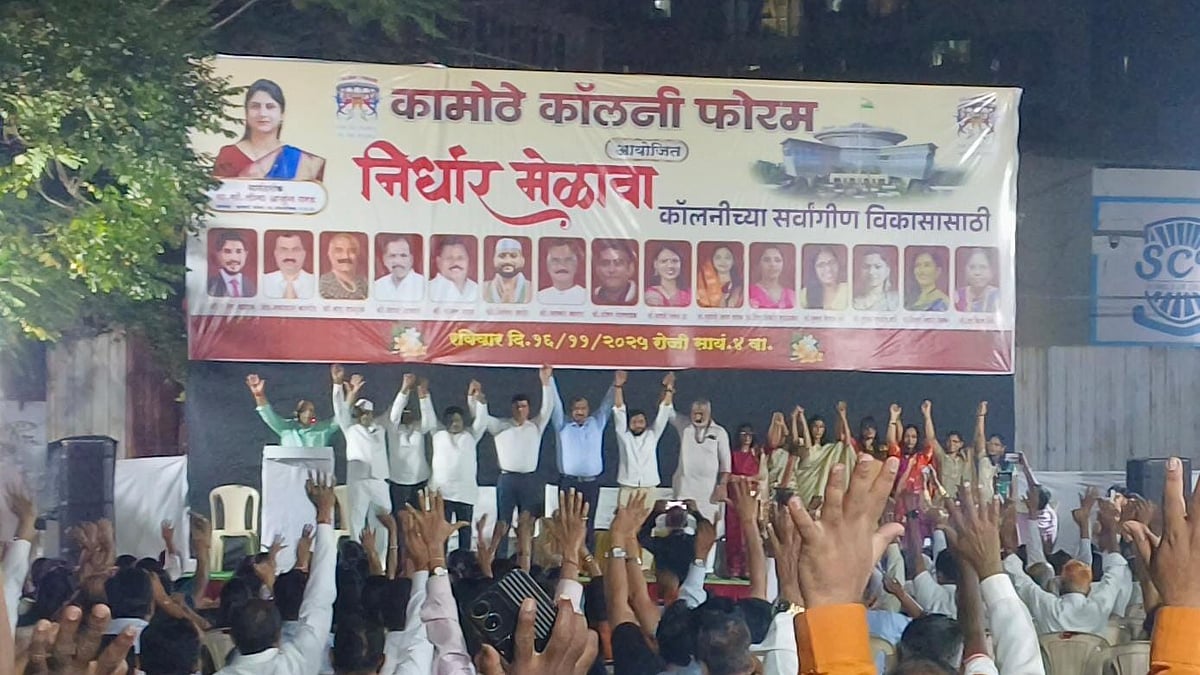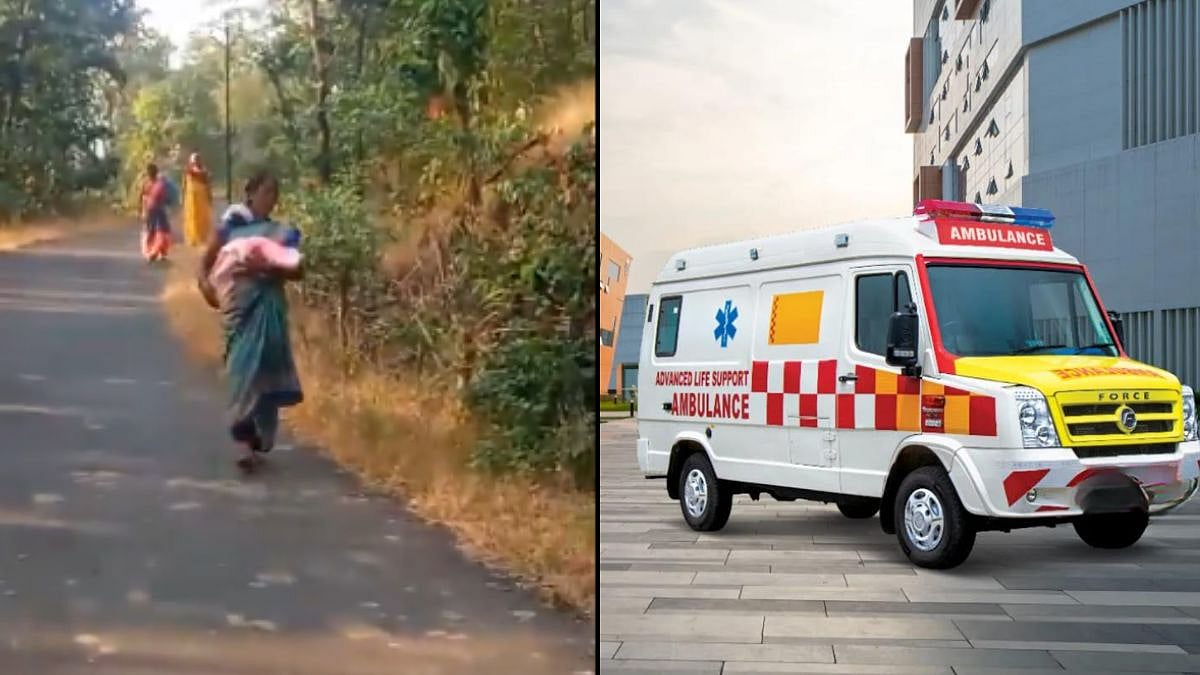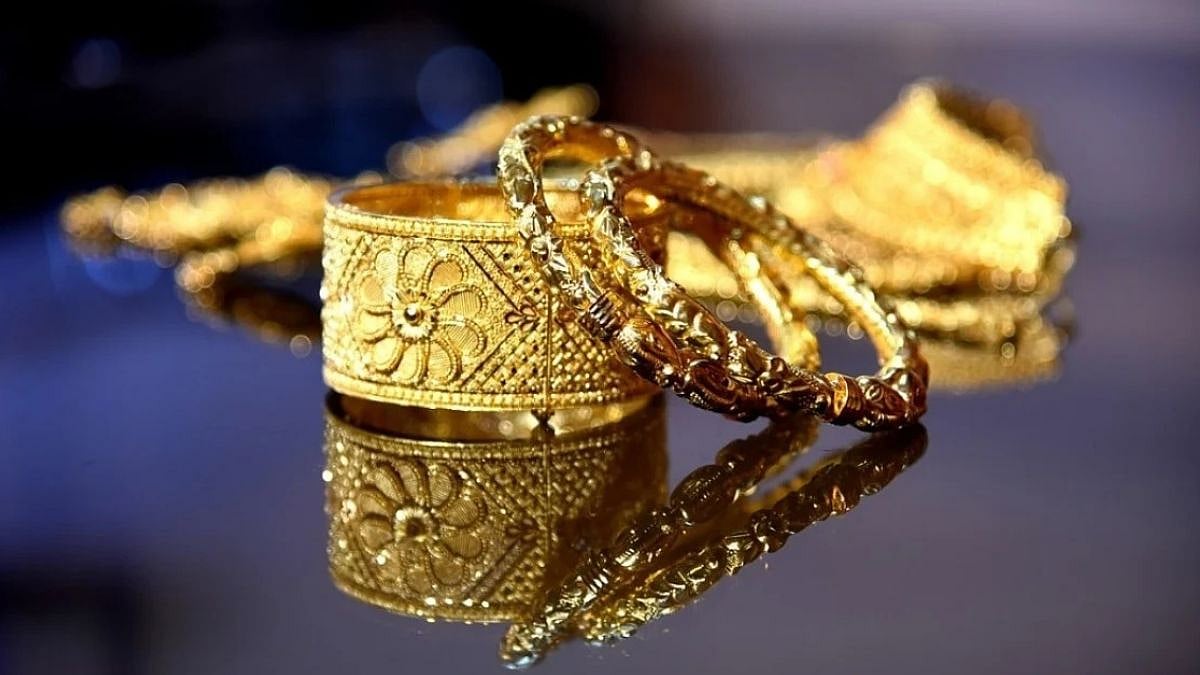Despite the publication of study reports on the devastating floods of 2005, 2006 and 2019, it is evident we have not learn anything from the deaths of so many people and losses running into thousands of crores of rupees, says Pradeep Purandare, a well-known authority on water and irrigation, in an interview with The Free Press Journal's Political Editor Pramod Chunchuwar. Purandare was formerly a professor at the Water and Land Management Institute of the state government and a member of the Wadnere Committee set up to study deluges in Western Maharashtra.
The Maharashtra government has so far constituted two committees, led by former Water Resource Secretary Nandkumar Wadnere, to study floods. What is the status of implementation of these reports?
Mumbai was hit by massive floods in 2005, while Sangli and other parts of Maharashtra were hit by floods in the following year. The state government had then set up the Wadnere Committee to study the reason for these disasters and recommend corrective measures. The committee submitted its report in 2007. Again in 2019, Western Maharashtra, especially Sangli and Kolhapur were ravaged by floods. Once again, the state government appointed a committee under Wadnere, which submitted its report on Thursday. Most of the key recommendations made in the current report are the same as those made in 2007. This means the state has not implemented the recommendations of the 2007 report. For instance, the Wadnere Committee had strongly recommended the appointment of a hydrologist in the water resource department in both, the 2007 and 2020 reports.

Pradeep Purandare |
A hydrologist is a scientist who researches the distribution, circulation, and physical properties of the earth's underground and surface waters. But even after 13 years, the water resources department is yet to appoint one. Before this, the head of the Indian Water Commission, Madhavrao Chitale, too had made a similar recommendation. A dam safety manual was prepared in 1984 but it has not been updated since. Wadnere had, in 2007, recommended its upgradation and has done so even in 2020. The committee had further recommended deploying Doppler radar in the Krishna basin, Ratnagairi and Aurangabad in both the reports.
The committee has recommended an 'integrated reservoir operation' schedule. How this will be useful?
This is an important suggestion, which will help prevent floods. Currently, there is no coordination on the release of water from dams. Every dam official decides based on their own assessment and they are not aware whether other dams in their vicinity or near their catchment are releasing water or not. When water is released from more than one dam in the same area, it causes floods. This is why we need an integrated reservoir schedule. This recommendation was made in the 2007 report of the Wadnere Committee but in the last 13 years, there has been no progress in this regard. The state government took four years to accept the recommendation to implement an integrated reservoir operation system (ROS) at Koyna dam. But it has not been implemented in the last nine years.
The committee has stressed on the removal of encroachments. How can this be achieved, as it has political ramifications?
The biggest encroacher of rivers is the government itself. The 'Kolhapur Type' (KT) weirs constructed by the government are the biggest hurdle in smooth water flow. By abutting waterways, they cause afflux, which leads to flooding. Even the bridges constructed by the public works department causes such afflux. It is said that charity begins at home. Therefore, the state government should first remove its encroachments, change the design of the KT weir and the poles of the bridge.
Why did you resign from the committee at the last minute?
I was asked to write a chapter on the reservoir operation schedule. In this chapter, I showed how the water resource department had not done anything in the last several decades. But Wadnere did not want to indict his own former department and was in a hurry to give it a clean chit. I requested him not to save engineers, as due to their mistake, many people had died and property worth crores of rupees was lost.
I had given several detailed examples of how the water resource department is responsible for such tragedies. But he omitted this chapter from the report and in protest, I resigned. Unfortunately, there is no organisation to fight for people who have lost life and property due to floods.









